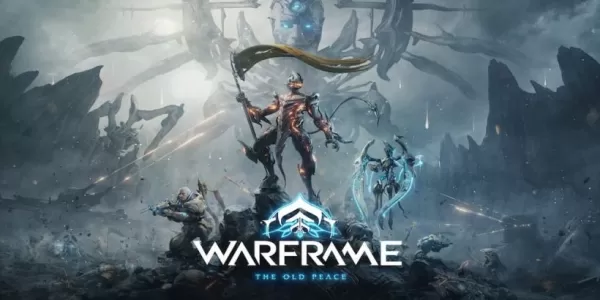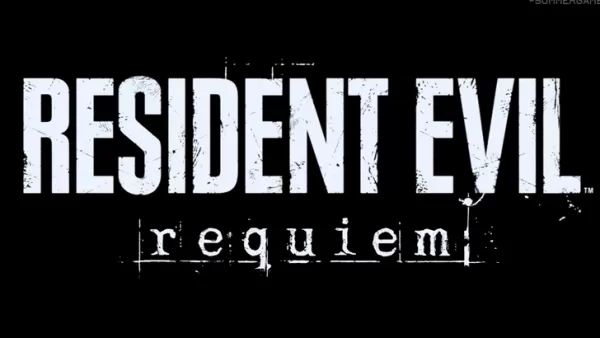Former BioWare developers have responded to EA CEO Andrew Wilson’s recent remarks about Dragon Age: The Veilguard, following the game’s underperformance and the studio’s subsequent restructuring. Wilson stated during an earnings call that the title failed to “resonate with a broad enough audience,” despite what EA described as a “high-quality launch” and positive feedback from critics and players.
EA reported that Dragon Age “engaged” 1.5 million players in its latest financial quarter—a figure nearly 50% below internal projections. This shortfall prompted EA to shift BioWare’s focus exclusively to Mass Effect 5, resulting in layoffs and the reassignment of staff who worked on The Veilguard. According to IGN, the game faced significant development hurdles, including multiple leadership changes, layoffs, and a major pivot away from a live-service model back to a traditional single-player RPG—reportedly after EA initially pushed for multiplayer systems.
As Bloomberg’s Jason Schreier noted, some BioWare employees viewed the final release as nothing short of miraculous given the shifting direction and internal instability. Wilson suggested that future BioWare RPGs must integrate “shared-world features and deeper engagement alongside high-quality narratives” to meet EA’s expectations for commercial success—a statement many interpreted as implying that The Veilguard would have sold better if it leaned into live-service mechanics.
Former BioWare Leads Push Back
David Gaider, former narrative lead on Dragon Age and current creative director at Summerfall Studios, challenged EA’s conclusion on social media. He argued that attributing the game’s performance to a lack of live-service elements is overly simplistic—and potentially self-serving.
“There are certainly all sorts of lessons a company could learn from a game like Veilguard… but ‘maybe it should have been live service’ being the takeaway seems a bit short-sighted and self-serving,” Gaider wrote.
He also pushed back against reductive industry narratives—such as blaming poor sales on political themes—pointing out that both successful and unsuccessful games exist across all categories. Instead, Gaider urged EA to look at what made earlier Dragon Age titles thrive: strong storytelling, player choice, and emotional investment.
“My advice to EA (not that they care): you have an IP that a lot of people love. Deeply. At its height, it sold well enough to make you happy, right? Look at what it did best at the point where it sold the most. Follow Larian's lead and double down on that. The audience is still there—and waiting.”
Mike Laidlaw: “I’d Probably Quit That Job”
Mike Laidlaw, former creative director on Dragon Age and now chief creative officer at Yellow Brick Games, went further—criticizing the idea of fundamentally altering a beloved single-player franchise to fit a multiplayer mold.
“Look, I'm not a fancy CEO guy, but if someone said to me ‘the key to this successful single-player IP's success is to make it purely a multiplayer game. No, not a spin-off: fundamentally change the DNA of what people loved about the core game’—to me, I'd probably, like, quit that job or something.”
Laidlaw added sarcastically: “Just thinking out loud, of course. Who'd be silly enough to demand something like that? …Twice.”
These comments reflect growing concern among longtime fans and industry veterans that EA may be misreading why certain RPGs succeed. While Baldur’s Gate 3—a primarily single-player experience with optional co-op—became a cultural phenomenon by doubling down on narrative depth and player agency, EA appears to be moving in the opposite direction with BioWare.
BioWare Now Focused Solely on Mass Effect 5
With Dragon Age effectively shelved, BioWare has been reduced from around 200 employees to fewer than 100, according to EA CFO Stuart Canfield. The remaining team is now fully dedicated to Mass Effect 5, led by series veterans Mike Gamble, Preston Watamaniuk, Derek Watts, and Parrish Ley.
Canfield framed the restructuring as a strategic move aligned with evolving player expectations: “Historically, blockbuster storytelling has been the primary way our industry brought beloved IP to players. The game's financial performance highlights the evolving industry landscape and reinforces the importance of our actions to reallocate resources towards our most significant and highest-potential opportunities.”
[ttpp]

 LATEST ARTICLES
LATEST ARTICLES 











